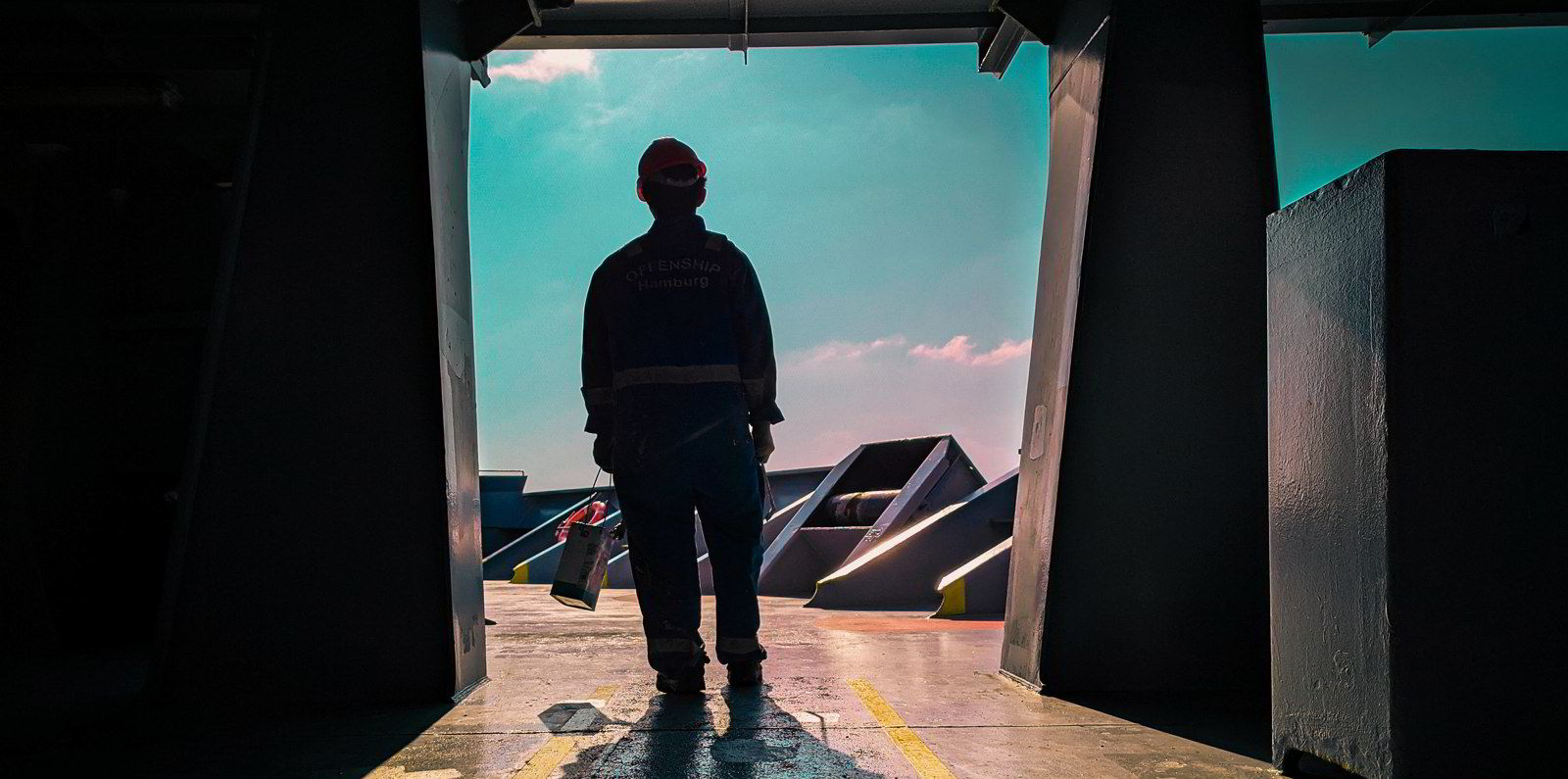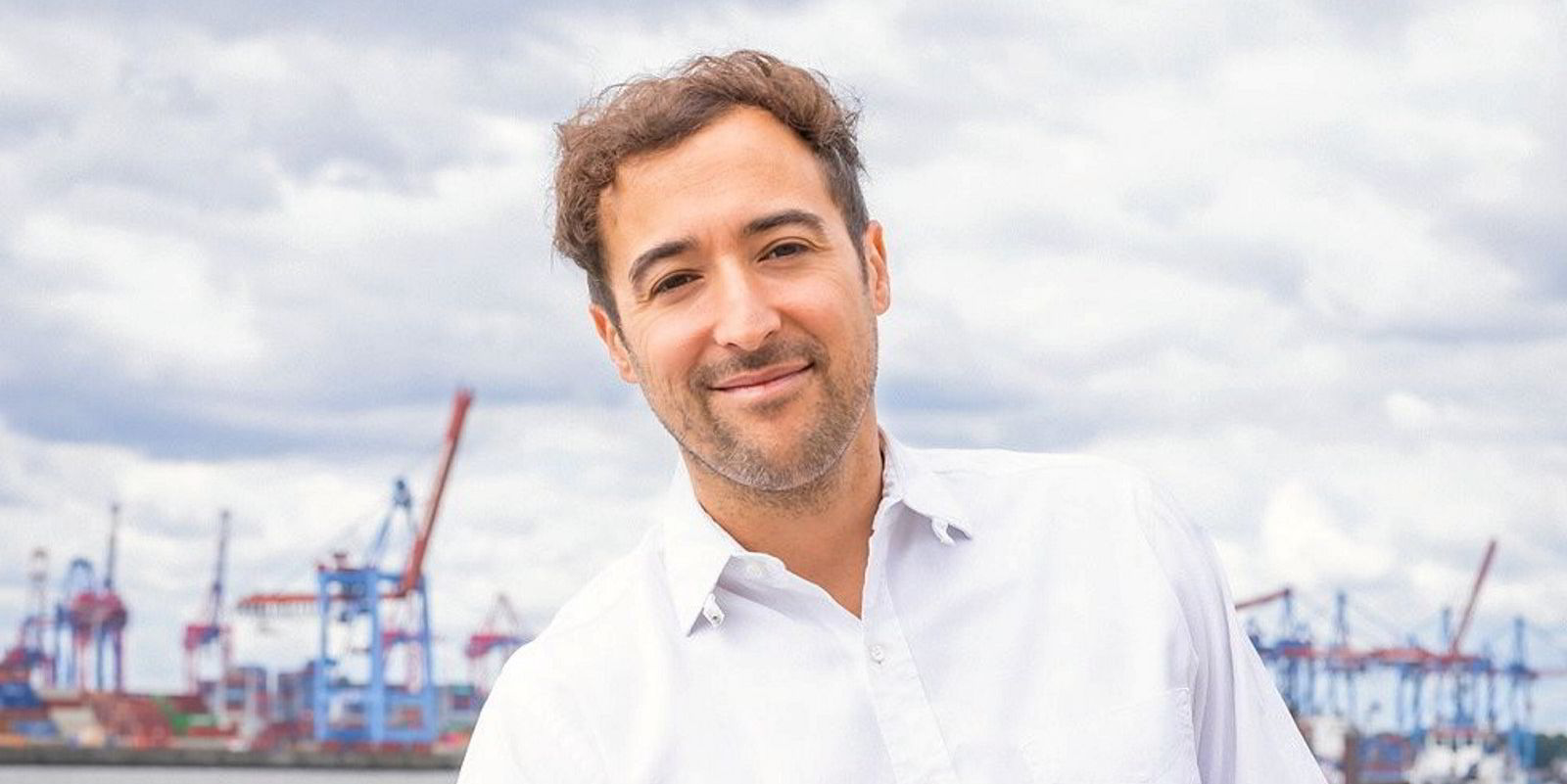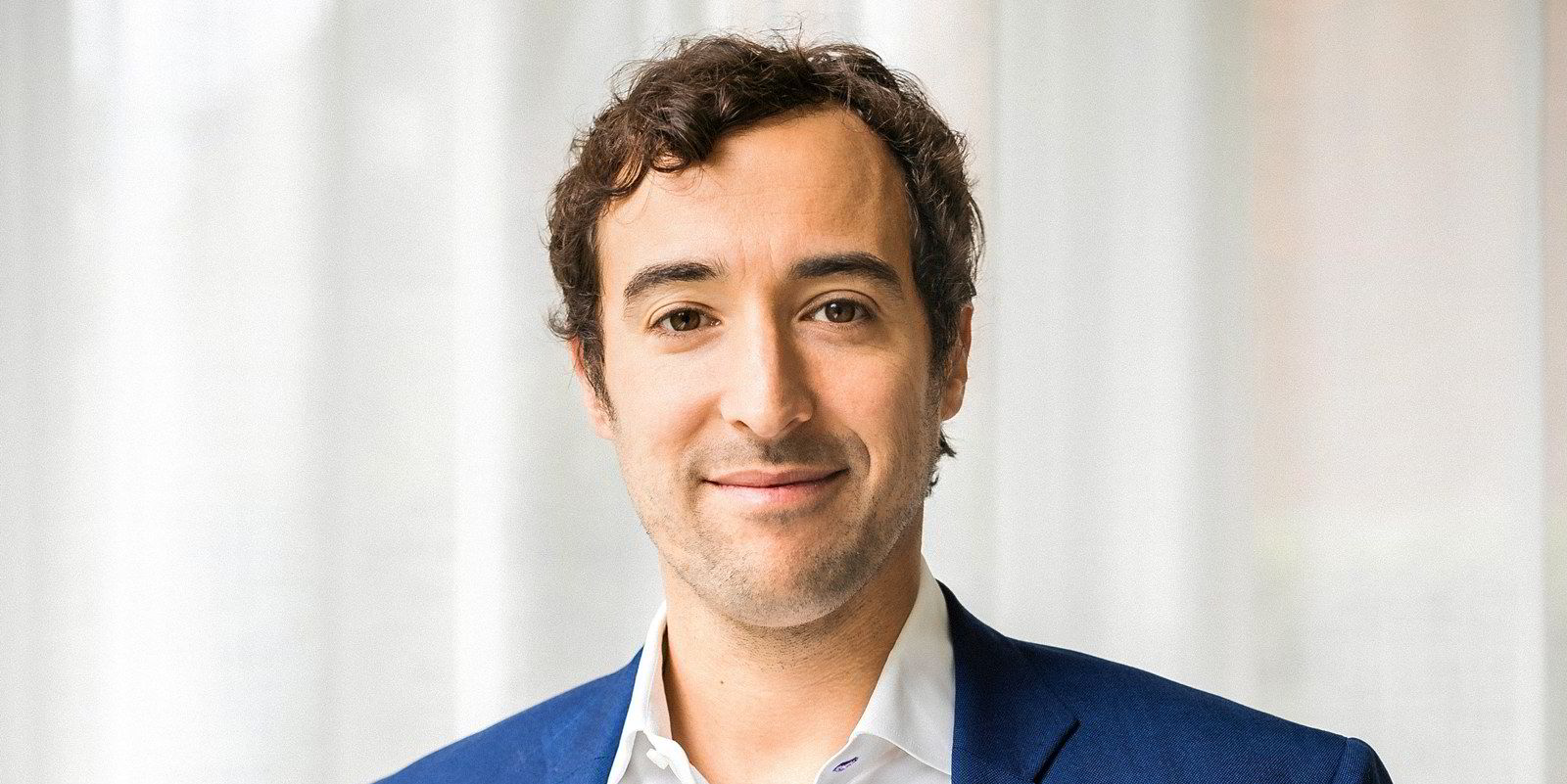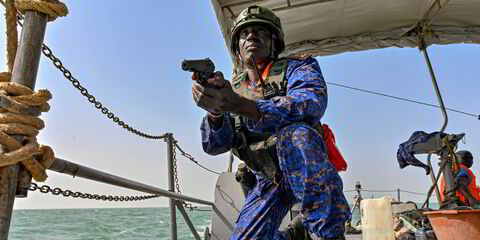German maritime specialist Mental Health Support Solutions (MHSS) is noting more Indian seafarers getting in touch about their well-being.
The counselling company says it is “deeply concerned” at the levels of loneliness and isolation experienced by these crew members, particularly on vessels where cultural differences have not been adequately addressed.
MHSS explained these issues may have always represented a problem for Indian nationals, but factors like the threat of Houthi attacks in the Red Sea may have exacerbated them.
Clinical psychologist Julia Oppermann said: “We have seen a significant increase in calls from Indian seafarers and office staff, particularly where cultural disparities have not been appropriately considered and there is an absence of a supportive environment that respects their cultural norms.”
The absence of, or limits on, communal dining experiences at sea can also increase feelings of disconnection and emotional distress among Indian seafarers, she added.
Oppermann said: “Eating together and sharing meals are deeply ingrained cultural practices in Indian society. When seafarers are unable to participate in these traditions, it can further contribute to their sense of isolation.”
The company admitted it is difficult to determine whether these challenges are solely due to the geopolitical situation or if seafarers are simply being more open about their mental health struggles, or a combination of both.
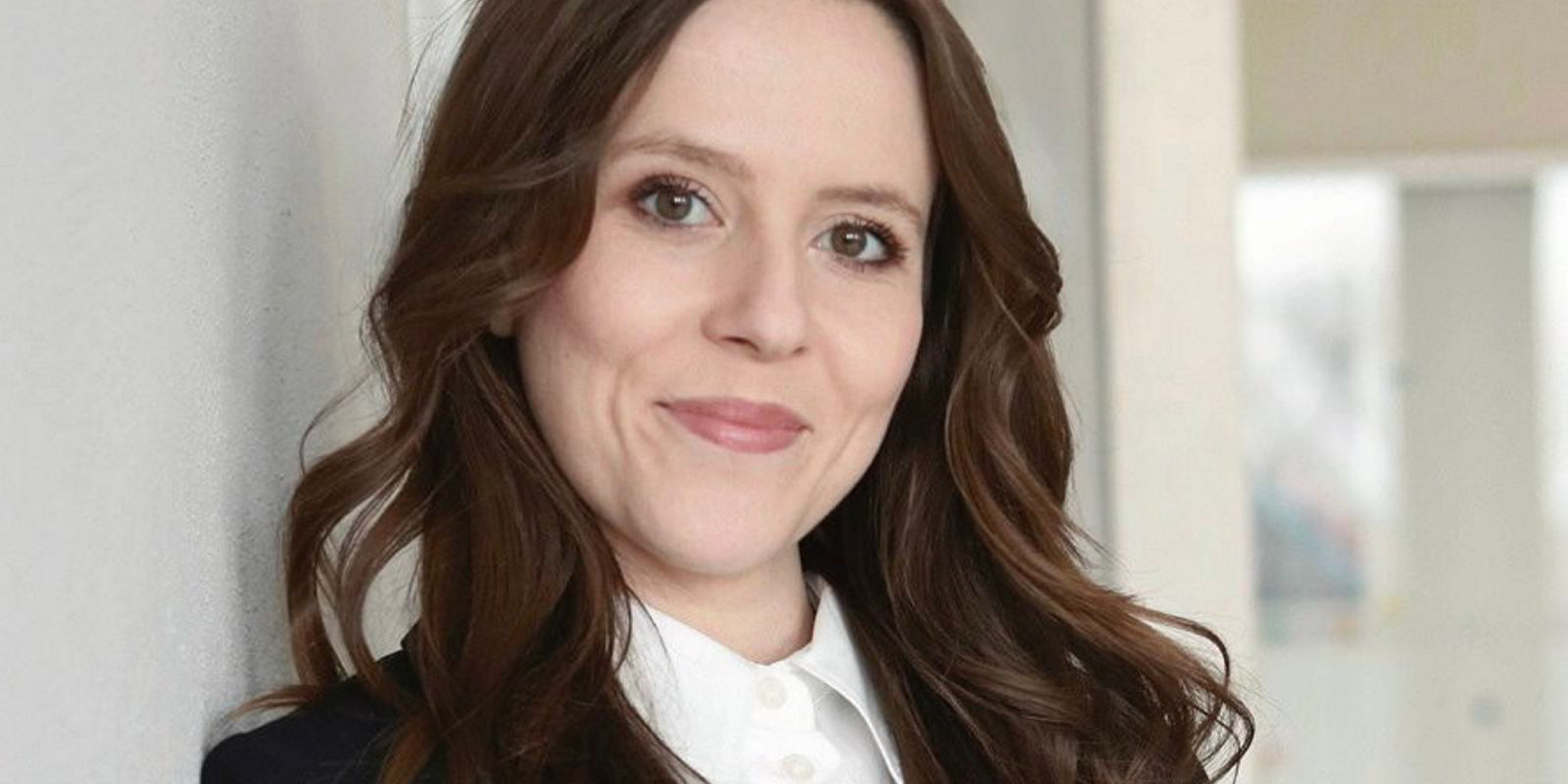
MHSS also said the transition from seafaring to family life can pose problems.
Its chief executive Charles Watkins stressed the importance of supporting seafarers during this transition.
He said: “Ship managers can play a crucial role in supporting Indian seafarers by assigning contracts thoughtfully, considering their personal and familial circumstances.”
Watkins pointed out that India now ranks as the fourth-biggest supplier of crew.
“It is imperative for the maritime industry to address cultural differences and be aware of the unique challenges faced by Indian seafarers. By acknowledging and addressing these challenges, the industry can create a more supportive and inclusive environment on board vessels,” he added.(Copyright)
